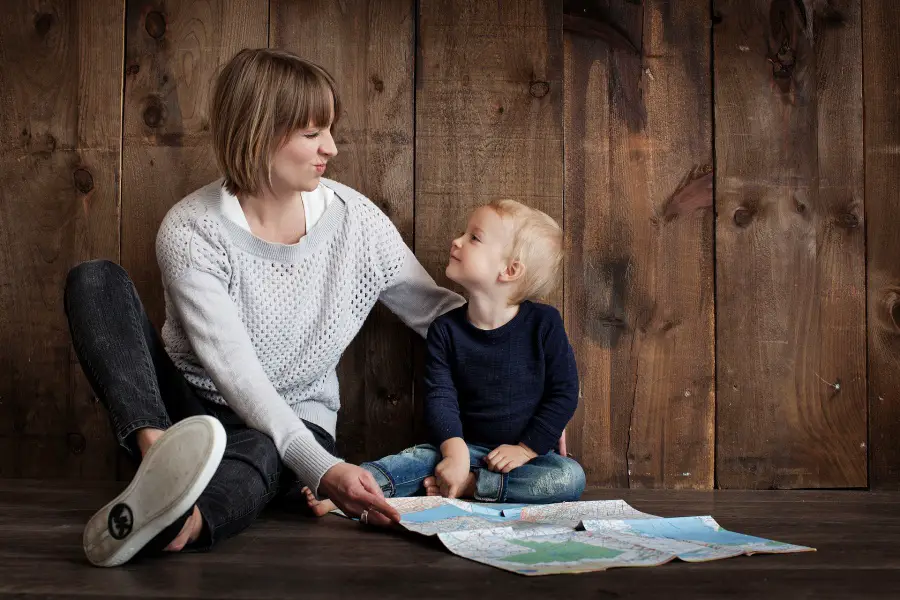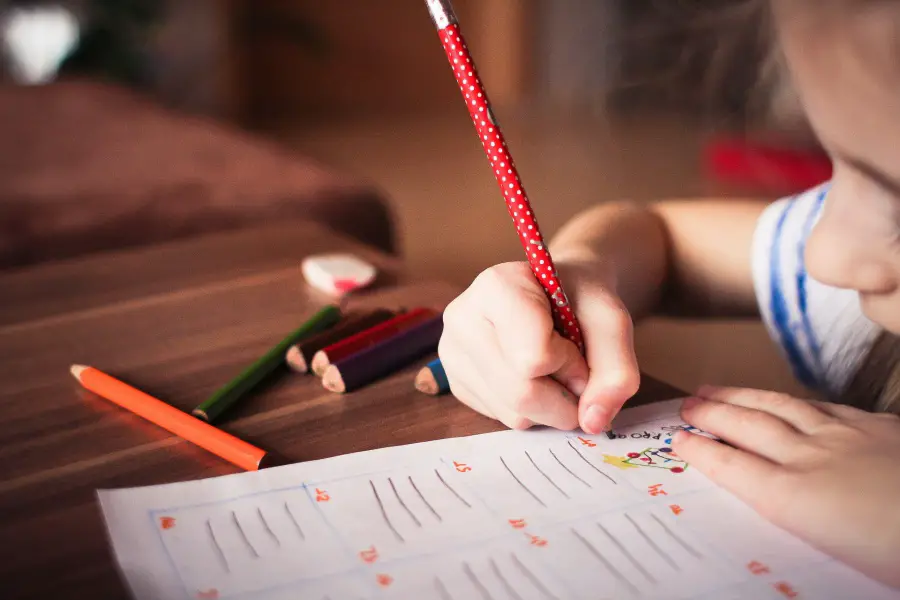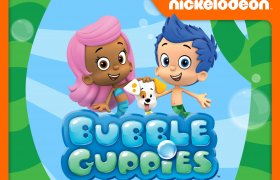3 Questions to Ask your Child Every Day

“What time is it? Where are my shoes? Do I have to eat the peas? Can my friend come over? Can I have a toy when we’re at the store? Why is the sky blue? Why haven’t I seen a baby pigeon? What’s that? What sound would a unicorn make?” On average it can feel like your child asks you a thousand questions a day, and they expect complete, cogent, immediate answers to every one of them. You oblige of course, to the best of your ability, frantically googling to find a picture of a baby pigeon or checking in with your partner about whether a toy is in the plan for the day. However, when you start to ask questions they clam up. “How was school today?” gets a response of “I don’t know” too often. What’s a parent to do?
If you could only ask your child 3 questions every day, what would they be? It seems like an arbitrary limit and in many ways it definitely is, but it’s worth thinking about. What would you want to know? What do you think the most helpful questions would be? How could you even figure this out? Well, the first thing you would probably think about is what you actually need to know, what would be helpful to find out, and what is the most important information?
Once you have a child you immediately start to feel them drifting away. It is a completely normal process, but with each milestone, you become less and less informed about their lives and it can become increasingly uncomfortable. As they age they begin to have their own independent life, whether it’s just being in another room at a playdate or spending hours of their day at school, peering into their lives and keeping track of developments and changes can start to feel pretty tricky. Short of spying on them, all you can really do is ask, and what you ask counts.
 What was the best and worst thing about today?
What was the best and worst thing about today?
This question is a bit of a cheat as it has two answers, but it is still a good one. Your child may have trouble summarizing a whole day, hence the “I don’t know” answer we get so often, however they may be readily able to say what the best part of their day and the worst part of their day was.
If you listen closely when they answer you’ll find a wealth of knowledge about their likes and dislikes, their successes and anxieties, their friends and foes, and so much more. Asking this question every day at the end of the day can become a ritual for your child, a comfort and a way to connect. Consistency can also help you understand the arc of your child’s emotional and social development which is really what you wanted to know in the first place isn’t it?
What’s going on with your friends?
This is getting into the meat of the issue and teasing out details may become harder and harder as the years go by and your child starts to break away more in their growth towards independence. Don’t just listen to their answer though, also realize what they’re not saying.
Friendships are often soaking in turmoil and one who was a friend one day will not be the next. You should notice the same names coming up again and again, but once someone disappears from the rotation take note. Your child may not be ready to tell you all about the falling out, but if you keep up to date on the happenings of their friend’s group you may be able to glean clues about what happened.
This question is also a bit risky because your child could just as easily answer ‘nothing’ and then you’re stuck right? Nope! Just pick a friend at random and ask about them. It could get the conversation started for both of you.
Do you need anything?
This question is both practical and philosophical. In the practical sense, your child will definitely do better about telling you about the science fair that’s coming up, or that they ran out of toothpaste if they expect this question regularly. So often these things don’t come up because your child forgets to mention and with nobody asking they usually don’t remember until the very last moment causing stress for the whole household.
 On the philosophical side, it is a way to reinforce the idea to your child that you are there to help them not just with school projects and hygiene needs, but with the really big life stuff like feeling lonely, having a fight with friends, not being sure of themselves, or even their deepest fears.
On the philosophical side, it is a way to reinforce the idea to your child that you are there to help them not just with school projects and hygiene needs, but with the really big life stuff like feeling lonely, having a fight with friends, not being sure of themselves, or even their deepest fears.
Knowing that their parent is always ready to help and actively seeks out ways to do so is comforting to many children. Even though they are probably going to try to do it alone first and succeed most of the time on that track, knowing there’s someone there for you if it all falls apart is important and can even make them bolder and ready to try more things knowing a safe landing is at home.
You may have come to a completely different conclusion when faced with the challenge of only three questions, and that’s likely due to your innate knowledge of your children and your own feelings about what you need to know, what you want to find out, and what you think would elicit a good response from your child. That’s absolutely fine, and it’s encouraging that you have a good idea of what will work in your household.
The point of three questions is simple, make a choice, make it a routine, and follow through. Children thrive on routines and knowing what to expect is a great way to help them prepare for what will come. If you ask the same things every day your child will be ready to answer because they will know what you find valuable.
Some families ask their questions on the way home from school, but if you’re not getting a good response let them have some time to process their day and perhaps ask over dinner or even at the beginning of a bedtime routine. You’ll certainly find the sweet spot if you keep trying.







